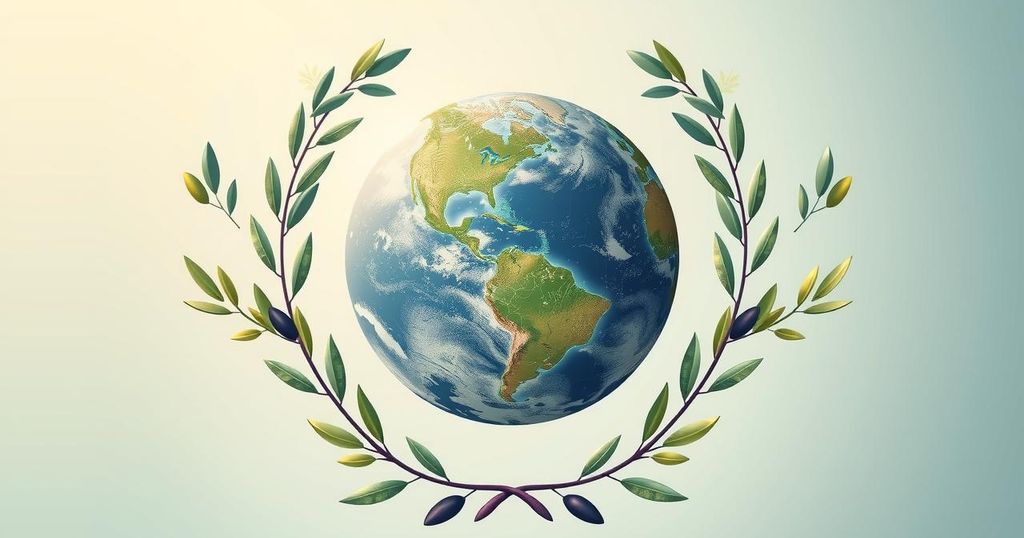President Kagame of Rwanda denied accusations of military occupation in Eastern DRC, emphasizing Rwanda’s limited capacity for such actions. He criticized the effectiveness of UN peacekeeping efforts and highlighted the need to address underlying issues linked to genocidal ideologies fueling regional conflict. Kagame’s remarks also questioned the legitimacy of Congolese President Félix Tshisekedi regarding democratic practices.
President Paul Kagame of Rwanda firmly rejected allegations of his nation’s occupation of East Democratic Republic of Congo (DRC) during an address to diplomats in Kigali. He asserted that Rwanda does not possess the capacity to occupy the territory, and he dedicated a significant portion of his 90-minute speech to the ongoing crises in the DRC, emphasizing the need for a nuanced understanding of the situation.
Kagame expressed skepticism regarding the notion that Rwanda could feasibly occupy the DRC, stating, “Rwanda is in Congo. It has forces in Congo. It is occupying Congo. In this day and age, with Rwanda and its capacity, can we really do that?” He urged the international community to confront the underlying causes of the conflict, which he argues include lingering genocidal ideologies from the Rwandan genocide that continue to plague the region.
Kagame criticized global leaders for failing to acknowledge these root issues, stating, “If you want to really address a problem, there is no better way of doing that than bothering to look at and addressing the root cause of that problem.” He also called out Congolese President Félix Tshisekedi, questioning his democratic legitimacy and suggesting he has not been duly elected.
Furthermore, Kagame assessed the effectiveness of the United Nations peacekeeping mission in the DRC, known as MONUSCO, stating that it has not succeeded in mitigating the security challenges facing the mineral-rich eastern region. His statements underscore Rwanda’s position in the DRC conflict and highlight the need for substantial engagement with the factors contributing to instability.
The tensions between Rwanda and the DRC have historical roots, particularly stemming from the Rwandan genocide in 1994. These tensions have manifested in ongoing conflicts involving various armed groups, many of which espouse ideologies linked to the past atrocities. The UN peacekeeping mission in the DRC has been present to stabilize the region, but its effectiveness has been called into question by local leaders and international observers alike.
In conclusion, President Kagame’s remarks reflect Rwanda’s position on its involvement in the DRC. He emphasizes the importance of addressing the foundational causes of conflict and criticizes the effectiveness of international efforts such as MONUSCO. Kagame’s comments also extend to questioning the leadership of President Tshisekedi, highlighting perceived deficiencies in his electoral legitimacy.
Original Source: eastleighvoice.co.ke






